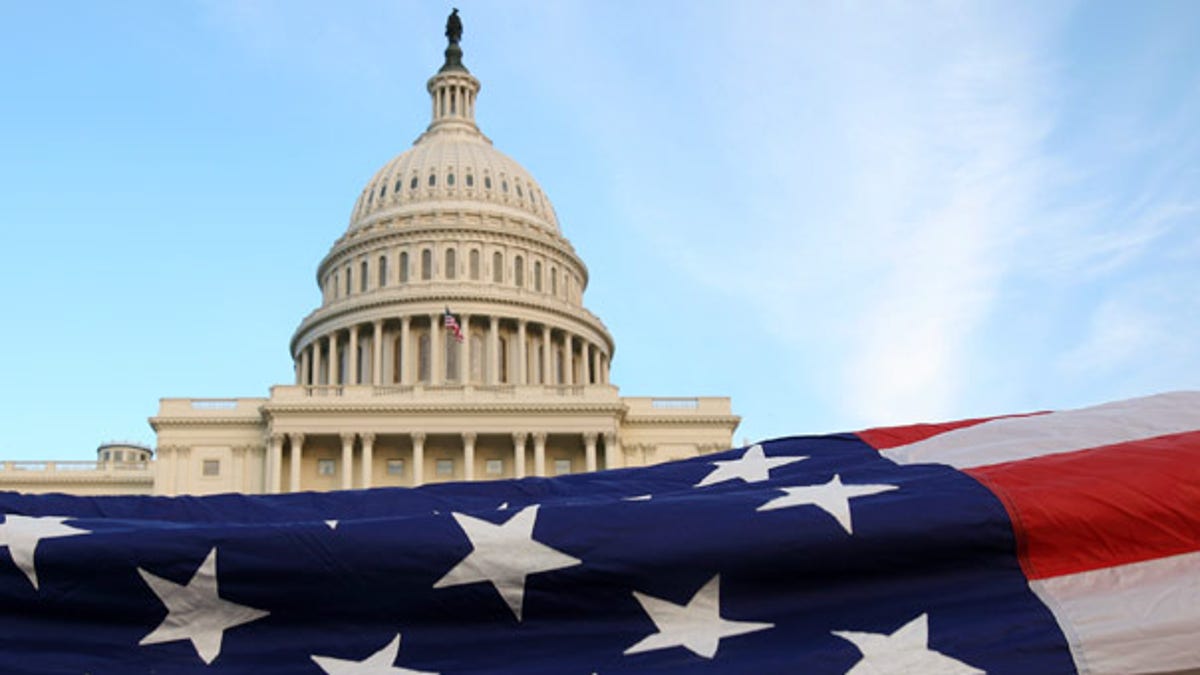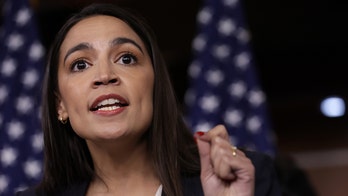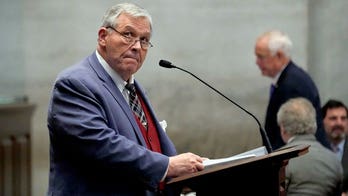
(Reuters)
The Obama administration on Wednesday in an election-year Hail Mary gesture is proposing a sweeping reform of the corporate tax code that would reduce the tax rate for big businesses to 28% from the current 35% rate, one of the highest among the industrial nations.
The administration says it will make up the difference in lost tax revenues by closing loopholes used by big corporations to reduce their tax burdens.
With a presidential and Congressional elections in the fall, the likelihood of a piece of significant legislation like this making its way into law is almost non-existent. Congress is as polarized as it’s been in decades, which poses another significant stumbling block for the administration.
Besides, powerful corporate lobbyists whose clients stand to lose by changes to the existing tax code are sure to tie up the proposal were it to be introduced as a bill in some form or other. But even that seems unlikely.
Critics of the plan say it doesn’t do enough. “President Obama's tax proposal to cut the corporate tax rate to 28% would take the U.S.’s ranking from last place (34th) to 32nd place. We need more leadership than that to get a truly competitive and pro-growth tax system,” said Alex Brill, a tax expert with the American Enterprise Institute, which advocates for free markets.
Another question facing the administration as it rolls out the reform is whether the new code can be revenue neutral, as administration officials had touted for months leading up to Wednesday’s announcement. In April, Treasury Secretary Timothy Geithner asserted as much during testimony before Congress.
But that doesn’t appear to be the case. FOX Business has confirmed the administration proposes to increase the aggregate tax burden on corporations with its new proposal. Some companies will have a lower burden due to the lower rates, some will have a higher burden due to eliminated deductions. However, under the president’s plan, the net effect will be higher taxes overall.
Among several sectors certain to be impacted by potential reform, the oil and gas industry stands to lose the most. The proposal calls for eliminating a widely used tax break that allows energy companies to write off certain costs related to drilling and use of wells.
“We support tax reform, but this proposal seeks clearly to pick winners and losers, to change the way capital is flowing to certain industries,” said Stephen Comstock, manager of tax policy at the American Petroleum Institute, a trade group.
“Choosing to eliminate deductions – the same deductions given to everyone else – without more analysis or debate is problematic,” Comstock added
For years the U.S. tax code has been criticized as being too complicated, too burdensome and too unfair. The labrynthine nature of the code and the 35% rate has been blamed for forcing companies overseas, taking much needed jobs with them.
Coca-Cola (NYSE: KO ) Chief Executive Muhtar Kent ’s said last year in an interview with the Financial Times that onerous tax burdens and political gridlock in the U.S. have “in many respects” made China a more attractive place to do business.
The Obama administration appears to have gotten that message, albeit just months ahead of the president’s bid for re-election.
The difficulty for the administration will be cherry picking the loopholes it feels should be eliminated and then justifying why those loopholes instead of others should be targeted.
Whatever the administration decides, it’s sure to ignite intense lobbying by corporations who feel they are being unfairly targeted.
The proposal seeks to help U.S. manufacturing by cutting that sector’s rate to 25% and proposes a minimum tax on profits generated in countries with lower tax rates than the U.S., a hot-button issue in the debate over tax reform.
Geithner is expected to announce the proposal during a press conference later Wednesday.
The debate over tax reform is sure to dominate the presidential election, but most analysts don’t believe any significant measures can gain traction until after the elections in November.
Former Massachusetts Governor Mitt Romney, a leading candidate for the Republican nomination, is expected to release his own tax reform proposal on Friday.
The last major tax reform was passed in 1986 under President Ronald Reagan.




